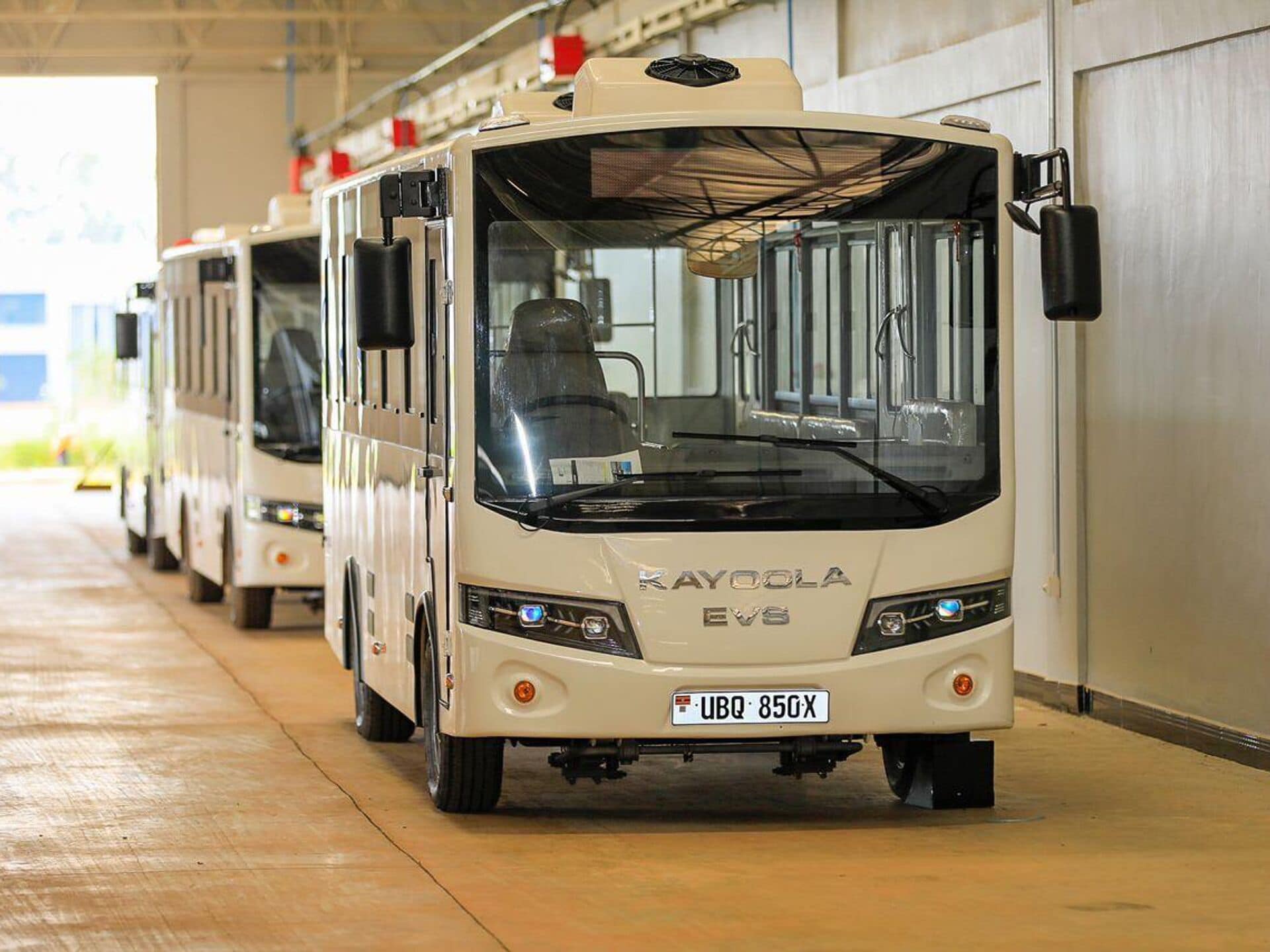By Denis Jjuuko
There is a primary school in Kampala whose bus is seen frequently in towns as far as Mityana picking up kids daily. Another Kampala school bus is seen every day in Entebbe picking up kids. To avoid Kampala’s crippling traffic jams, the buses arrive hours before dawn to pick up the kids so that they are in class on time. Sometimes, the kids are seen dead asleep as the buses maneuver the horrendous traffic jams.
In order for teachers to maximise the children’s presence at school, they teach them till late, which means that the buses struggle to clear huge evening rush hour traffic jams to drop the kids at home. This means that the kids arrive very late in the evening yet they have homework to do and hand in the next day, leaving them short of enough time to sleep.
This doesn’t only affect kids who live in faraway places from Kampala like Mityana and Entebbe. Those who live in Kampala face a similar problem. Vans pick them pre-dawn so they could do several trips picking up kids and dropping them.
It is also common upcountry. I know somebody who lives in Bushenyi but his children attend a day school in Mbarara city.
Where the kids are dropped off by the parents or guardians, it isn’t any different. For parents to arrive at work on time, they, too, leave home pre-dawn, drop the kids at school and then proceed to work. And many can’t leave their offices before 5.00pm, which means that they pick up kids late from school.
I think it is against that background that the education policy review commission has recommended that schools should close by 3.00pm to enable children be children. It is a welcome idea that will see kids have time to play and most importantly have time to sleep and develop as normal human beings than programmed chips with the sole purpose of passing national exams.
However, for this to work, there is a lot that needs to be done that the education policy review commission may not have talked about. The government must be interested in providing high quality education across the country. The only reason a Bushenyi parent may enroll a child in a Mbarara city school is because they are trying to provide the best for their kids. They have looked at what is available in Bushenyi and they think it is not good enough for their children. If the schools in their communities were great, they would have enrolled them there.
In the area where I live near Kampala, there isn’t a single public school where I can enroll my kids. If I did, my consciousness wouldn’t enable me sleep at night. Yet in the last 10 years or so, more than five big private schools have been built by entrepreneurs. If individuals can build schools, it means government can build even more.
With better public schools near where parents live, government can ban bussing kids across the city or from one town to another because there would be a good public school where kids can be enrolled. A parent living in Naalya would not have to send their kid to Lubowa by bus. However, they could send them there by private cars. This is the norm in some developed countries.
In many countries, school buses are distinctively designed and painted yellow. Everyone will notice them from a mile away. They enjoy public transport lanes where such infrastructure exists and where it doesn’t, they are given the same road right of way as ambulances. That saves kids time being on the road for many hours.
Distinctive buses would ensure our kids don’t have to be piled in Toyota Ipsums like grasshoppers and being driven dangerously in order to arrive at school on time.
Uganda already owns Kiira Motors, which makes buses at their plant just outside Jinja. They can give them the order to make unique school buses and offer them tax free to schools with favourable payment terms. The income from the bus should also not be taxed to make it affordable. If a school doesn’t want to offer this service directly, they could make an arrangement with a third-party service provider.
The buses would have to operate within a specific radius of about 5km-10km from the school to which they are attached to avoid the scenario where they pick kids from all over greater Kampala.
The writer is a communication and visibility consultant. djjuuko@gmail.com










